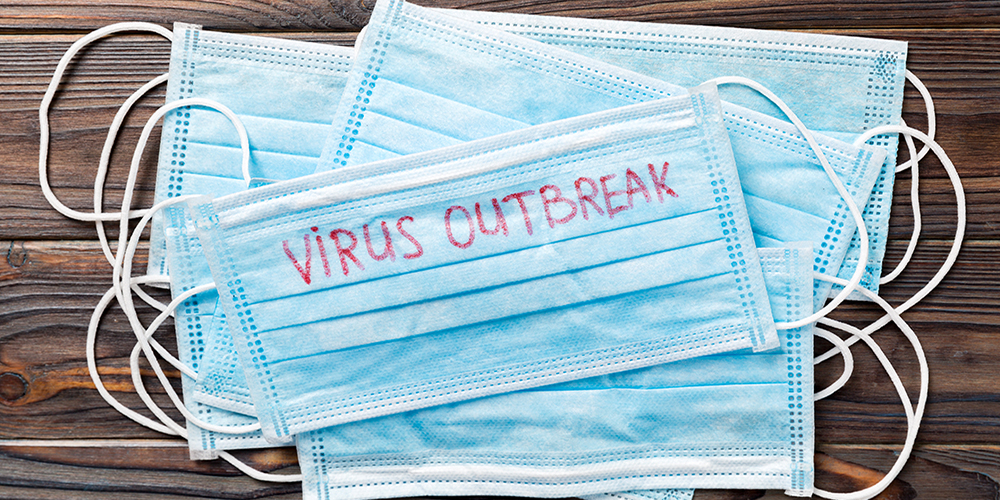Public experts are advising colleges with COVID-19 outbreaks to keep students on campus instead of sending them home.
Ravina Kullar, epidemiologist and spokesperson for Infectious Diseases Society of America, says sending students home risks exposing other people, reports Bloomberg.
“There’s just inevitably going to be an outbreak,” she continued. “Colleges need to take on the burden of having these students kept at their campus and taking care of them.”
Earlier last month, U.S. President Donald Trump urged colleges to reopen and said sending students home could put relatives at risk.
“Instead of saving lives, a decision to close universities could cost lives,” he said.
The University of North Carolina at Chapel Hill was one of the first to send students home to finish the semester remotely after an outbreak. Townson University (Md.) and East Carolina University (N.C.) did the same.
At Notre Dame University, cases increased to 147 less than two weeks after the first person was diagnosed. Instead of clearing the campus, President John Jenkins consulted with the county’s deputy health officer and decided to make classes remote but keep students on campus while cracking down on interactions between those living on and off-campus.
The Indiana school ramped up testing, added more isolation beds, and expanded contact tracing, ultimately slowing cases from spreading to surrounding communities.
Contact Tracing Nearly Impossible When Students Sent Home
The biggest issue with sending students home is the ability to contact trace, especially for out-of-state students. If students live nearby, tracers can do their job, said Howard Koh, former assistant secretary for health for the U.S. Department of Health and Human Services. If they leave the state to go home, it is less effective.
“That will make the job very difficult, if not impossible,” he said.
According to Bloomberg, the U.S. has struggled with contact tracing for several reasons, including getting people to answer phone calls from public health officials and respond truthfully. It is even more difficult at colleges and universities where students are being disciplined for violating rules. For instance, an outbreak at SUNY Oneonta led to the suspension of five students and three campus organizations.
Students are also excited to be back at school with their peers, leading many to break rules put forth by schools on social gatherings.
“The more contacts a person has, the harder contact tracing can be,” said Amesh Adalja, a senior scholar at the Johns Hopkins University Center for Health Security. “People may not even know who they’re in contact with, especially if they are drinking.”







